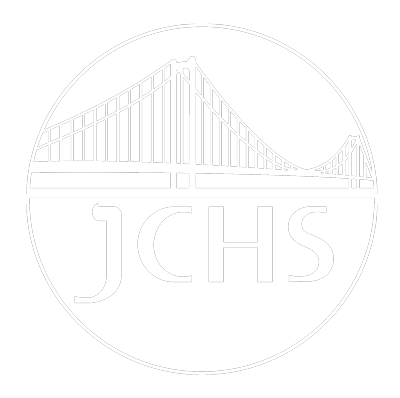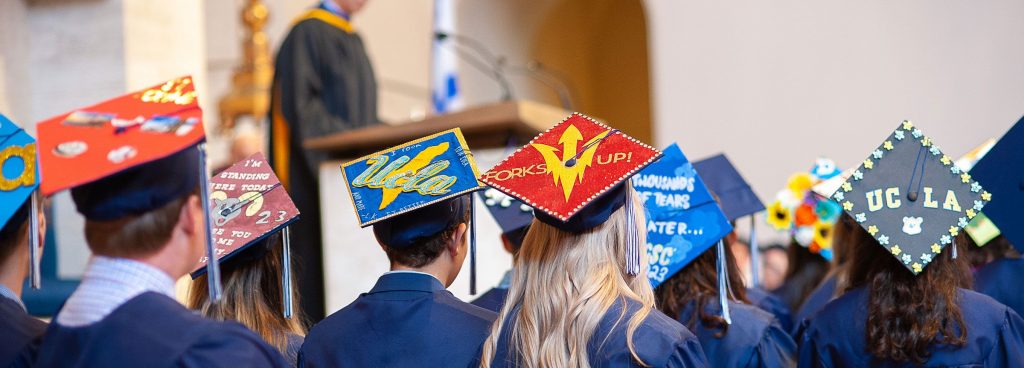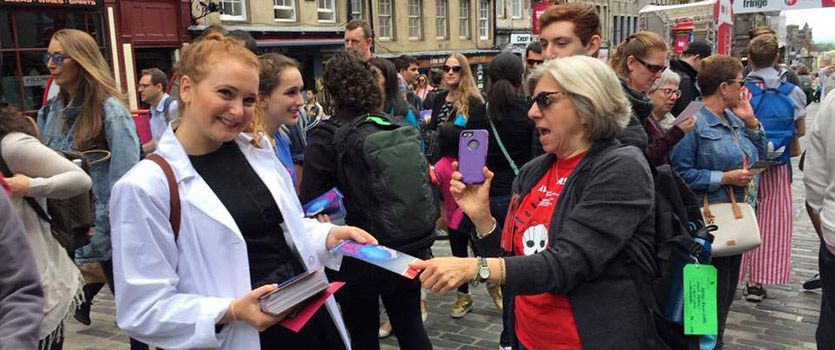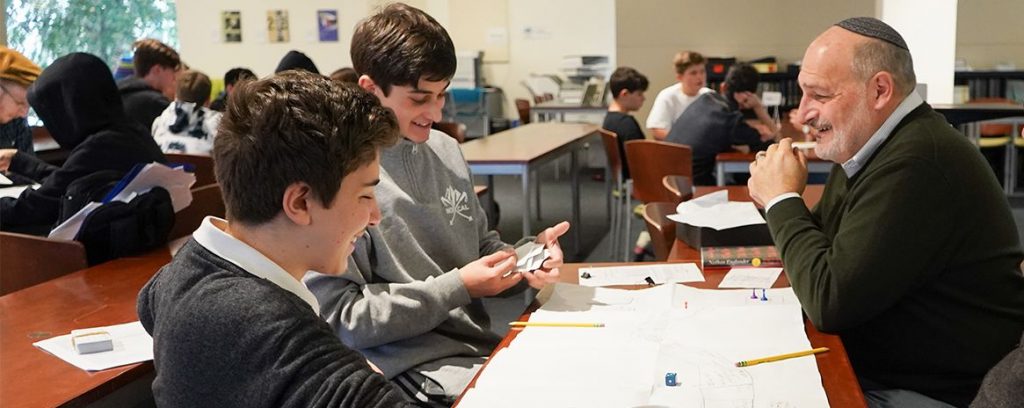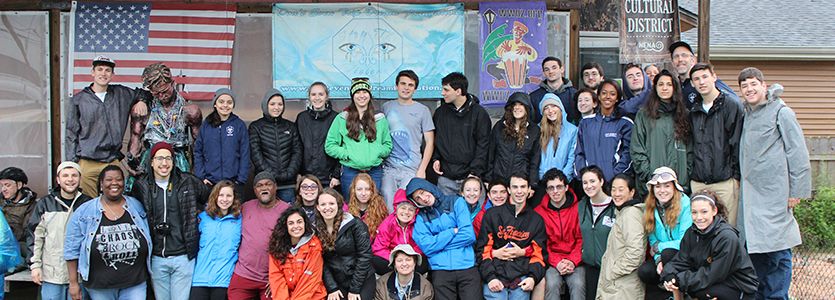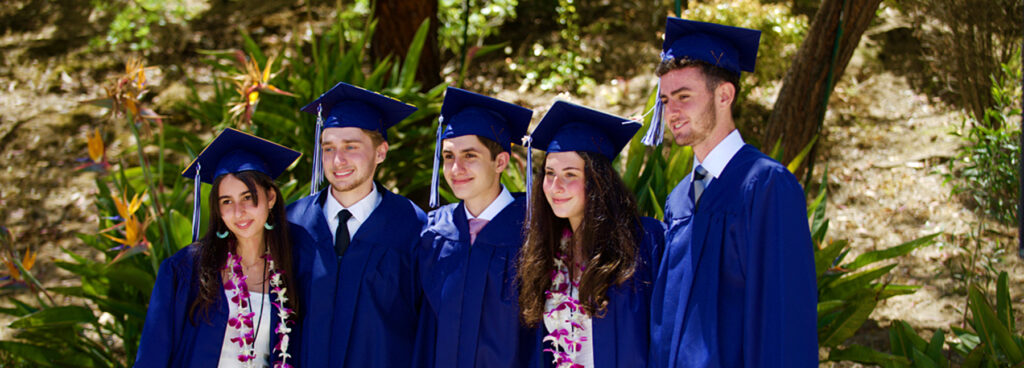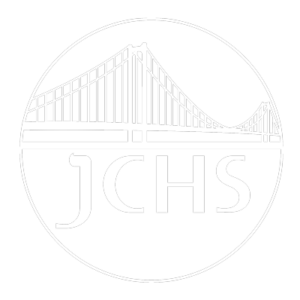Making the Admissions Process Better
Over the past few years, JCHS has been engaged in discussions with parents, students, and admissions professionals at peer schools about how to alleviate some of the stress and anxiety around the high school admissions process.
The high school search can be a confusing and time-consuming undertaking. From fairs and open houses, to interviews and applications, eighth grade students can easily find themselves overwhelmed by the number of requirements and the excessive amount of time involved in applying for high school. Instead of an exciting journey that invites a student to think about how they’ll grow in the next four years, the high school search can become a dizzying and emotional gauntlet to run. In 2019, JCHS launched a pilot program that offered the option of either submitting standardized test scores OR a portfolio of work in lieu of SSAT or ISEE scores. This test-optional pilot was aimed at lowering the stress of test-taking and preparation, and decreasing the financial burden and complication of the application process. Since then, JCHS continues to be TEST-FREE for ALL applicants. This means that JCHS will not accept SSAT, ISEE, or any other standardized test scores as part of the admissions process. We wish for our applicants to be certain that students who do NOT submit standardized testing scores will not be at any competitive disadvantage in the admissions process. The portfolio is now an optional component.
The characteristics we are deeply interested in, such as intellectual curiosity, motivation, leadership, creativity, and a social conscience, cannot be measured by a standardized test.
An Equitable and Holistic Approach
There are ongoing concerns about economic, racial, and gender bias, and the financial and mental burden the testing process can present. Our admissions process is centered around developing a holistic understanding of who each individual is as a person and as a learner. While a standardized test result can sometimes offer insights into an applicant’s file, we feel strongly that this is not a good enough reason to ask students to take on this burden simply to add one small data point that will not be weighed heavily in the final analysis.
At the heart of the JCHS admissions process is one essential idea: we want to get to know who you are as a unique individual and a whole person. We are pleased to allow families the option to submit the work of which each student is proudest. In 2018, when the University of Chicago became the first top ten research university to drop the SAT and ACT requirement, Dean of Admission James Nondorf noted, “We want students to understand the application does not define you — you define the application.” JCHS continues to agree.
Our school is proud to be a leader in this important decision. We look forward to getting to know you better throughout this Admissions season. If you have any questions about the test-free policy, please contact Director of Admissions Leslie Ticktin.
